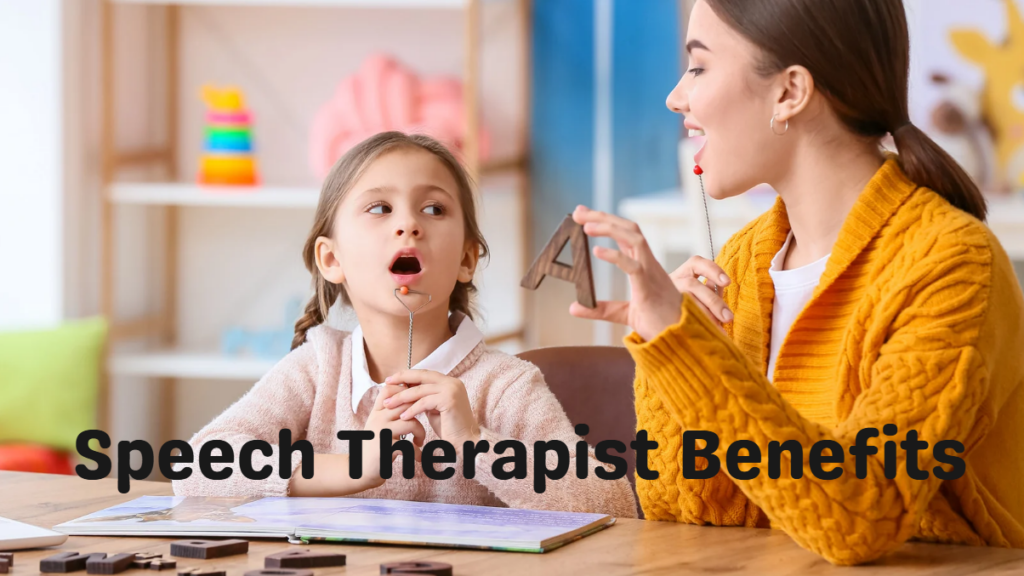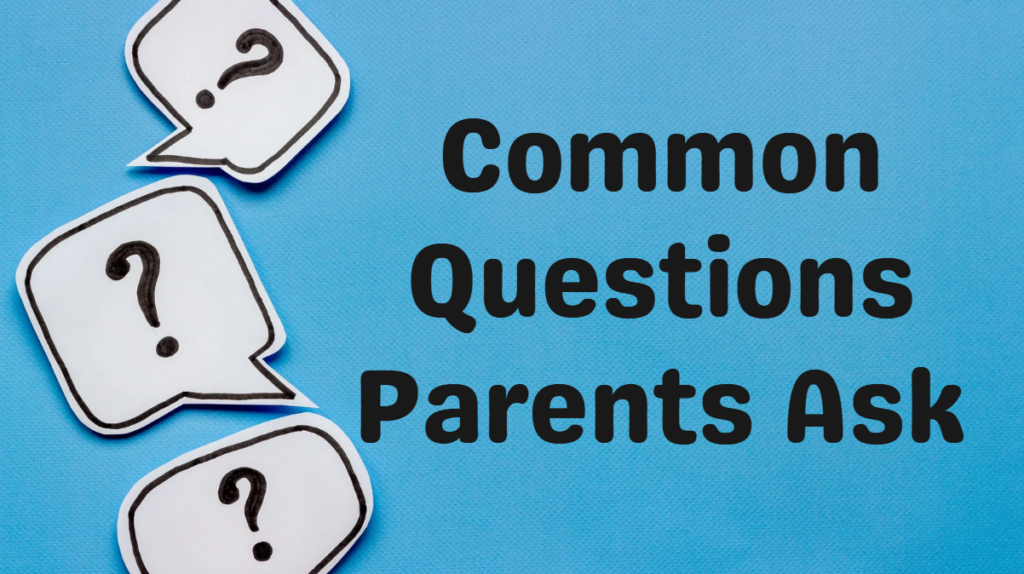When a child struggles to speak clearly or understand language, it can be both frustrating and concerning for parents. Many wonder: Is this normal? Will my child catch up? Should I be worried? These are valid questions—and they deserve clear answers. Understanding speech therapist benefits can be life-changing, not only helping a child communicate more effectively but also boosting confidence, supporting learning, and strengthening relationships.
Home health care providers regularly witness how early speech therapy transforms children’s futures. Whether a child is experiencing a speech delay, difficulty expressing themselves, or facing a more complex developmental condition, professional support can make a profound difference. This guide explains what speech therapy is, the signs a child may need it, the benefits families can expect, and how to choose the right therapist.
What Is a Speech Therapist and What Do They Do?
A speech-language pathologist (SLP)—commonly called a speech therapist—is a trained professional who helps children and adults improve communication skills. Their expertise goes far beyond simply teaching a child to pronounce words correctly.
Speech therapists help children with:
- Speech clarity and articulation – making sounds correctly so others can understand them
- Language skills – understanding what others say and expressing thoughts clearly
- Social communication – learning how to take turns in conversation, read social cues, and connect with others
- Feeding and swallowing issues – assisting children who have trouble chewing, swallowing, or transitioning to solid foods (a role many parents don’t realize speech therapists have)
Speech therapy can happen in many settings: at home, in private clinics, at school, or through telehealth. Home-based therapy is especially convenient for families, allowing children to learn in a comfortable environment while parents actively participate.
It’s also important to understand the difference between a speech delay (when a child’s ability to produce speech sounds is behind their age) and a language delay (when they struggle to understand or use words). A speech therapist is trained to evaluate both.
Signs Your Child May Benefit from Speech Therapy

Every child develops at their own pace, but certain milestones can guide you. If your child isn’t meeting these markers, it’s wise to seek an evaluation:
- By 12 months: Should be babbling, pointing, or using simple gestures
- By 18 months: Should have at least a few spoken words and respond to simple requests
- By 24 months: Should combine words (“more juice,” “go park”) and follow two-step directions
- By age 3: Should be understandable to familiar listeners most of the time
Red flags include:
- Limited vocabulary for age
- Difficulty putting words together into short sentences
- Speech that’s hard to understand after age 3–4
- Frustration, tantrums, or withdrawal because communication is difficult
- Lack of interest in communicating or interacting with others
- Inability to follow simple directions or understand basic concepts
- Reliance on gestures or pointing instead of words to communicate
- Regression—losing words or skills they previously had
Emotional clues matter too. A child who avoids speaking in groups, becomes anxious when asked questions, or feels left out during play may be struggling with communication skills. Early intervention is critical. Waiting to “see if they grow out of it” can delay progress and affect school readiness.
Speech Therapist Benefits

Speech therapy isn’t just about helping children “talk better.” It lays the foundation for learning, social success, and emotional well-being. Here are the major benefits:
1. Improved Communication Skills
The most obvious result is clearer, more effective communication. Children learn how to produce sounds correctly, build vocabulary, and form complete sentences. They also learn how to understand instructions, answer questions, and engage in meaningful conversations.
2. Boosted Academic Success
Strong language skills are directly tied to reading, writing, and comprehension. Children who receive speech therapy early often do better in school, need fewer accommodations, and feel more confident participating in class.
3. Enhanced Social Interaction
Speech therapy improves not only how children speak but also how they relate to others. They learn how to take turns in conversation, recognize nonverbal cues, and communicate feelings appropriately—skills that help them make friends and avoid isolation.
4. Stronger Emotional Well-being
When a child can express their needs and thoughts, they experience less frustration and anxiety. This leads to fewer behavioral issues and greater self-esteem. Parents often notice a happier, more relaxed child once therapy begins.
5. Support for Special Conditions
Speech therapy plays a crucial role for children with:
- Autism spectrum disorder
- Down syndrome
- Hearing impairment
- Cleft palate or other structural challenges
- Developmental or neurological delays
In these cases, speech therapy may include alternative communication methods, such as sign language or picture systems, to help children connect with others.
6. Parent Involvement and Home Strategies
One of the greatest benefits is that therapists coach parents on how to reinforce skills at home. Everyday routines—mealtime, playtime, bedtime stories—become opportunities to practice communication naturally.
Common Questions Parents Ask

1. At what age should I seek an evaluation?
If you have concerns at any age, it’s never too early to ask. Many children start therapy as toddlers, but older children benefit too. Early intervention often means faster results.
2. Will my child “grow out of it” without therapy?
Some children catch up on their own, but many do not. Without guidance, speech or language delays can persist and lead to academic or social struggles.
3. How long does speech therapy usually take?
It varies widely depending on the child’s needs, frequency of sessions, and family involvement. Some children make significant progress in a few months, while others need ongoing support for several years.
4. Is speech therapy only about talking?
No. It also includes language comprehension, social skills, and even feeding or swallowing issues. A child who gags on food or struggles with textures may benefit from speech therapy.
5. What if English isn’t our first language—will therapy still help?
Yes. Speech therapists can support bilingual families, ensuring children develop strong communication in both their home language and English if desired.
6. How can I make therapy fun for my child?
Good therapists use play-based methods—games, songs, stories—that keep children engaged. Parents can continue these activities at home, turning learning into fun.
7. Does insurance or Medicaid cover speech therapy?
Many health insurance plans and Medicaid programs do cover speech therapy for children when it’s medically necessary. Your provider can help you check benefits and navigate paperwork.
What to Expect During Speech Therapy

The process begins with a comprehensive evaluation. The therapist observes your child, listens to their speech, tests comprehension, and may use play-based tasks to assess skills. Parents are usually asked detailed questions about developmental history and concerns.
From there, the therapist creates a personalized treatment plan with specific goals. For example:
- Producing certain speech sounds correctly
- Expanding vocabulary
- Following multi-step directions
- Using complete sentences during conversation
Therapy sessions are interactive and fun, using games, flashcards, books, and role-play. Children often don’t even realize they’re “working.” Consistency is key—progress happens faster when parents reinforce new skills between sessions.
How to Choose the Right Speech Therapist
Finding the right match matters. Look for:
- Credentials: A licensed SLP certified by ASHA (American Speech-Language-Hearing Association) or your state board
- Experience: Someone who has worked with your child’s age group or specific condition
- Communication style: A therapist who explains things clearly and involves you in the process
- Setting: Decide whether home-based therapy (convenience and family participation) or clinic-based therapy (more specialized equipment) fits your needs
Questions to ask before hiring:

- What is your experience with children who have challenges similar to my child’s?
- How do you involve parents or caregivers during and after sessions?
- What does progress typically look like, and how long might it take?
- How do you measure success and track improvements over time?
- What specific techniques or therapy approaches do you use (e.g., play-based therapy, PROMPT, AAC training)?
- How do you handle situations where a child is unmotivated or resistant to therapy?
- Are you comfortable working with bilingual families or children learning multiple languages?
- How do you collaborate with teachers, pediatricians, or other specialists if needed?
- Do you provide written progress reports or updates regularly?
- What can parents do at home to reinforce therapy goals between sessions?
Final Thoughts: Why Acting Early Matters
Speech therapy isn’t just about helping children “catch up.” It’s about equipping them with the tools they need to thrive academically, socially, and emotionally. The earlier a child receives support, the easier it is to close developmental gaps and build lifelong confidence.
Families can trust Genezen Home Health Care to provide compassionate, professional speech therapy services tailored to each child’s unique needs. The team prioritizes clear communication with parents, thorough evaluations, and personalized therapy plans that create real results. Families can expect skilled speech-language pathologists who make learning engaging while involving parents every step of the way. Genezen Home Health Care is known for its commitment to helping children build confidence and succeed both at home and in school. Acting early ensures that progress happens faster and with lasting impact. For more information or to schedule an evaluation, contact us at 949-380-6930.


